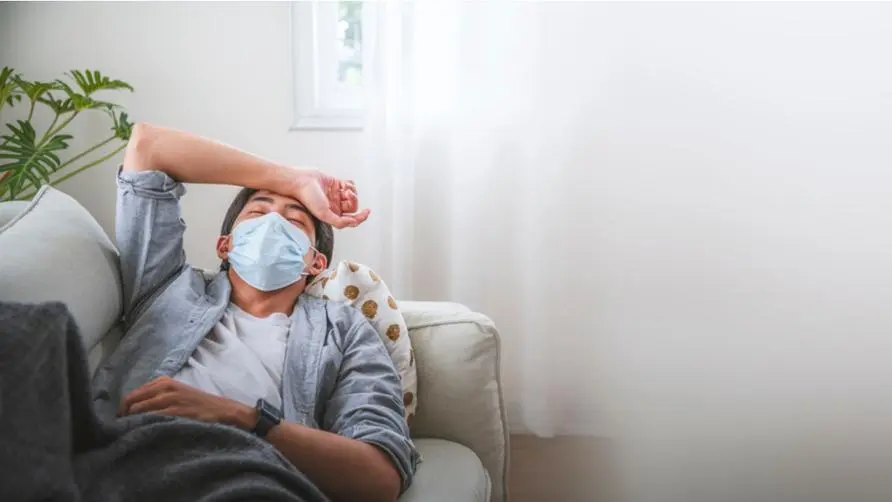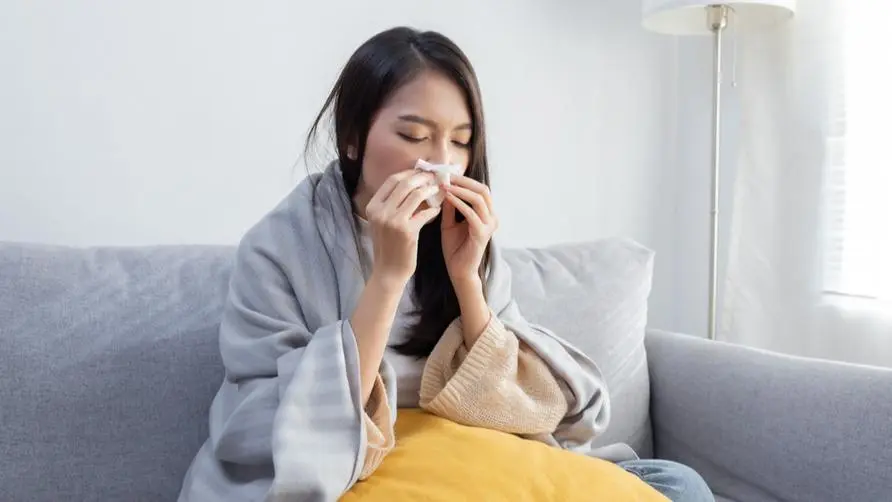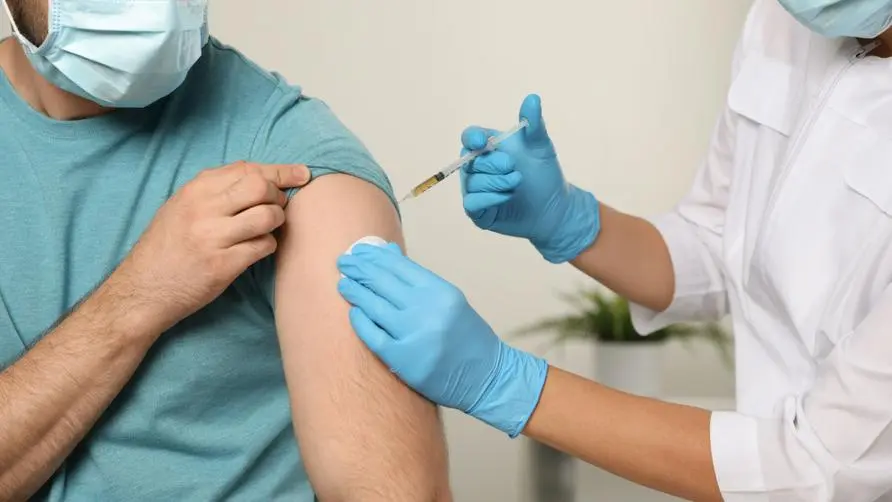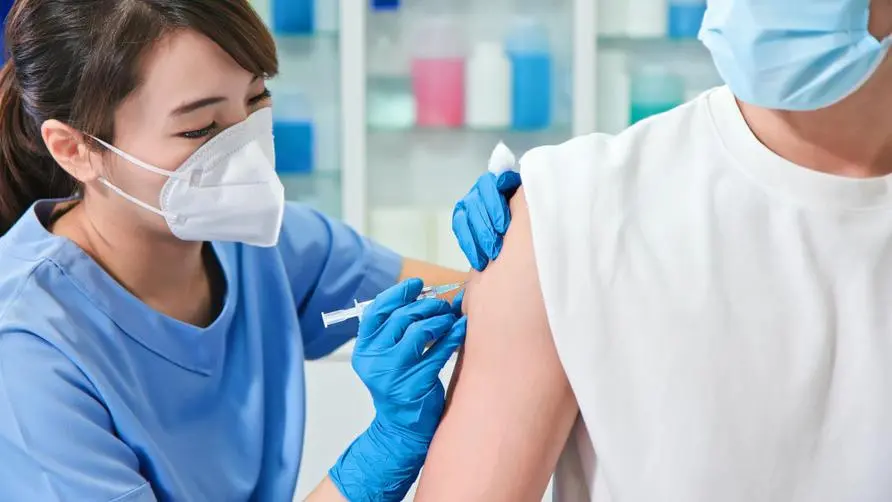Starting from December 1st, it will be "free to wear a mask" outdoors! Intensivist reveals "6 things" you must know before taking off your mask

The outdoor mask policy will be relaxed soon! Intensivist: Remember “6 things to know” before taking off your mask
As the epidemic situation slows down, the Central Epidemic Command Center will adjust the mask policy and will open “outdoor mask-free” on December 1 (Thursday). In this regard, Dr. Huang Xuan, an expert in critical care medicine, posted on social media to remind the public that Taiwanese people hope to return to normal life as soon as possible. Although they expect the mask ban to be gradually lifted, the relaxation of the mask policy does not mean that personal epidemic prevention should also be relaxed.
Dr. Huang Xuan said that after the first wave of mask policies were relaxed, there are “6 things” that people must understand:
Know where the “high-risk areas” are. Dr. Huang Xuan pointed out that if the ventilation system is poor, crowded, and confined in a small space, it is best to wear a mask because individuals are currently at high risk of spreading the virus. The command center also admitted that there are many Christmas and New Year’s Eve activities at the end of the year, and the mask policy needs to be handled carefully to avoid the expansion of the transmission chain and the sudden increase in the number of confirmed cases.
Know the health status of your family members/housemates. Have you, your relatives or those who live with you have been fully vaccinated, including 3 doses for young people, and bivalent vaccines for high-risk groups such as the elderly or patients with chronic diseases? If the vaccine is not fully vaccinated, the risk of infection is greater and the chance of spreading it to relatives, friends or family members is higher without wearing a mask.
Dr. Huang Xuan said that after the mask ban is lifted, it is important to understand the immune status of yourself and your family members, including whether you have been diagnosed in the past, whether you have been vaccinated, how long the vaccination interval is, and your ability to withstand diseases (such as diabetes, cancer, cardiopulmonary diseases, etc.).
Be aware of the risks of infection in public transportation. In transportation, people may still cough or sneeze at stations and carriages, especially in MRT carriages with poor ventilation, which makes it easier for the new coronavirus to spread. If you are not sure whether the passengers near the train are coughing or sneezing due to confirmed COVID-19 while commuting, you should at least wear a mask to protect your own health.
Know the long-term existence of the new coronavirus. Considering the transmissibility of Omicron virus and the fact that the new coronavirus will “exist in the world for a long time,” Dr. Huang Xuan said that humans may not be able to prevent exposure to the virus in the short term, but they can still prevent the epidemic through good hygiene such as wearing masks and washing hands frequently. Habits can be used to prevent the risk of diagnosis, and the risk of moderate to severe disease can be minimized through vaccination.
Respiratory infection viral threats to be aware of. Dr. Huang Xuan said that even if masks can be removed now, it does not mean that the respiratory infection viruses existing in the surroundings will disappear, such as rhinovirus, coronavirus, respiratory fusion virus, adenovirus, influenza virus, etc., which can easily pass through humans Contact with respiratory mucosa can cause physical pathology. In addition, the above-mentioned viruses all have in common that they are transmitted through droplets. Therefore, wearing a mask and washing hands frequently are good epidemic prevention hygiene habits in daily life.
You must know the importance of “one-way epidemic prevention”. Dr. Huang Xuan explained that if others do not wear masks in public places but you wear one, it will still have a certain protective effect on preventing the new coronavirus from invading the respiratory tract. Even if the mask policy is relaxed, Single Way Protection measures can still play a role when gathering in specific places or in indoor spaces.
Don’t take off your mask before going to these places! Participate in the “three major activities” and do more to prevent the epidemic
Finally, Dr. Huang Xuan also reminded the public that there are three important events at the end of the year, involving the movement of people and the gathering of large crowds. Even if epidemic prevention policies are gradually relaxed, people must still wear masks when participating in activities, and abide by social distance, frequent hand washing and other epidemic prevention measures:
Traveling abroad: Starting from 10/13, the “0+7” policy will be implemented for inbound tourists from Taiwan, and epidemic prevention hotels will be completely withdrawn. After entering the country, as long as they have a negative test negative certificate within 2 days, they can freely quarantine themselves for 7 days. Go out. The opening of national borders means that a large number of people will gather at a certain tourist resort in a short period of time, so people need to be particularly careful.
Year-end elections: November 26th coincides with Taiwan’s local chief election, during which there are many rallying activities; coupled with the large crowds gathering at polling stations on voting day, it is easy to cause cross-infection and the expansion of invisible transmission chains.
Year-end festivals: For example, during the Christmas and New Year holidays, people tend to have a “revengeful celebration” mentality, and Christmas and New Year activities are almost all based on “large mass gatherings.” When participating, you must not only pay attention to personal safety, but also Make sure the mask is worn completely and do not expose your mouth and nose to prevent the virus from spreading to your body.
Source:
“Large Mass Gatherings after the Epidemic” - Dr. Huang Xuan
“What do you need to know after masks are relaxed?” - Dr. Huang Xuan
Further reading:





